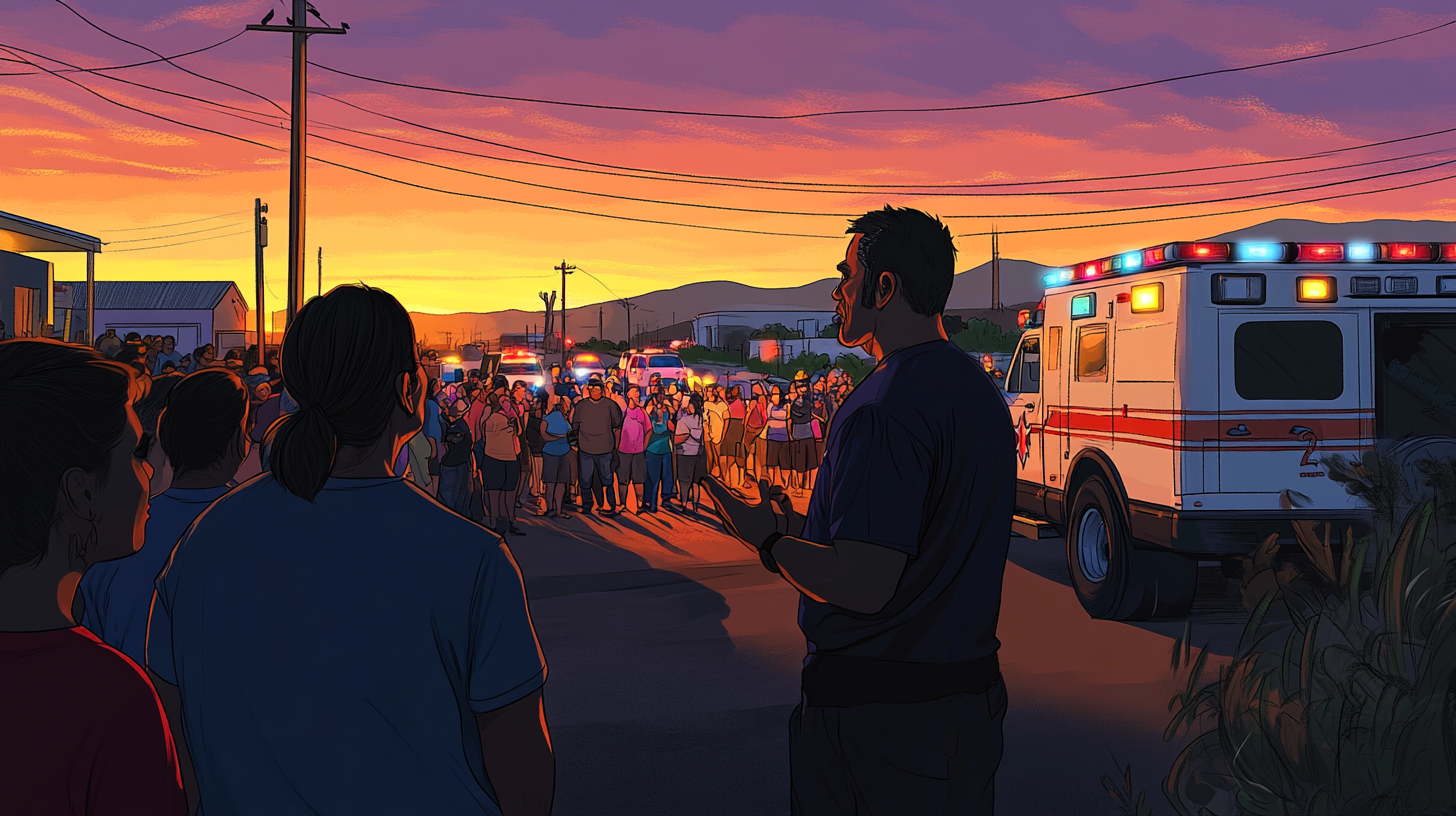**’They Have to Immediately Return’: Visas Revoked for 9 UTRGV Students**
International students at the University of Texas Rio Grande Valley (UTRGV) are facing an uncertain future as the federal government has revoked the student visas of nine individuals. The decision, communicated to the university on Thursday, mandates these students to leave the United States immediately, a move that has sparked concern among Valley residents and put the spotlight on immigration practices affecting the community.
**Understanding the Situation**
The revocation follows a broader scrutiny by the Department of Homeland Security, which has been screening international students’ social media for content deemed antisemitic. This heightened oversight comes on the heels of widespread pro-Palestine protests across numerous college campuses in the U.S. The affected students, whose identities remain confidential, were informed of the visa cancellations through official letters from immigration authorities.
UTRGV has issued a statement expressing its commitment to guiding the students within the confines of the law. “We have alerted the affected students and are committed to providing guidance within the parameters of law,” the university emphasized.
According to reports, over 100 students statewide have seen modifications to their status within the Student and Exchange Visitor Information System (SEVIS) database, marking a substantial effect across Texas’s academic institutions.
**Voices from the Community**
The news has prompted reactions from various stakeholders within the Valley, including students, legal experts, and community leaders. Raul Marquez, a student at UTRGV, voiced his support for the affected students. “UTRGV needs to fight more for these students to stay here because they’re really what provides the backbone of our community,” Marquez asserted.
McAllen-based immigration attorney Carlos Garcia, while not representing any of the students directly impacted, reviewed one such notification letter. He relayed that the grounds for revocation were cited as visa violations or criminal history — claims Garcia criticized as implausible and inconsistent. “The letters indicate that it’s because they’re in violation of their visa, or there is some kind of criminal history,” Garcia explained. “They have to immediately return to their home country, and they’re being given reasons that don’t make any sense.”
**Broader Implications for the Rio Grande Valley**
For the RGV, a region rich with cultural and ethnic diversity, this development carries weighty implications. The Valley hosts a significant population of international students, whose presence contributes to the local education, economy, and community life. The sudden directive that these students must leave disrupts academic trajectories and complicates local dynamics.
Reflecting on the local impact of such federal decisions, Emma Rodriguez, an education advocate in the Valley, elaborated on the broader repercussions: “This affects not just the students involved but also the university’s capacity to foster a truly diverse and inclusive learning environment. The Valley thrives on diversity.”
**Link to Previous Events**
This isn’t the first time immigration enforcement has tightened its grip on the South Texas region. Local advocacy groups have long vocalized against stringent immigration policies, frequently arguing against the unintended socioeconomic consequences. The current scenario encapsulates ongoing tensions in national immigration discourse and its tangible repercussions on academia.
**Prospects and Next Steps**
While specific next steps for the affected students are uncertain, legal experts like Garcia urge them to seek professional legal counsel to challenge the visa revocations. “I recommend they get legal help from an attorney and perhaps fight their case in federal court,” he suggested.
These events raise critical questions about the future of international education in the RGV and Texas at large. The trajectory hinges on subsequent policy interpretations and their enforcement, along with community advocacy for fair treatment.
In the interim, those requiring assistance can reach out to local legal aid organizations, community colleges, and UTRGV’s international student office for resources and support.
**Conclusion**
The abrupt revocation of visas serves as a poignant reminder of the precarious balance between national security and the rights of international students, a balance that remains under scrutiny. As the Valley community responds, the narrative emphasizes a shared responsibility to adapt and support those affected. Comprehensive coverage of this evolving story continues online and through community-driven media outlets.
For further support, students and community members can contact local immigration services or visit UTRGV’s student support hub. It’s an essential time to advocate for transparent policies and maintain the Valley’s long-standing hospitality towards global scholars.







